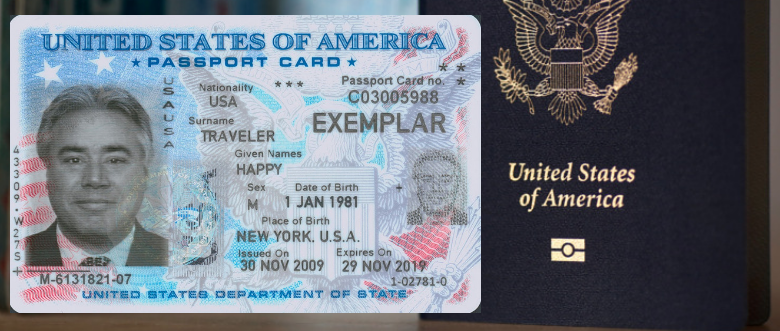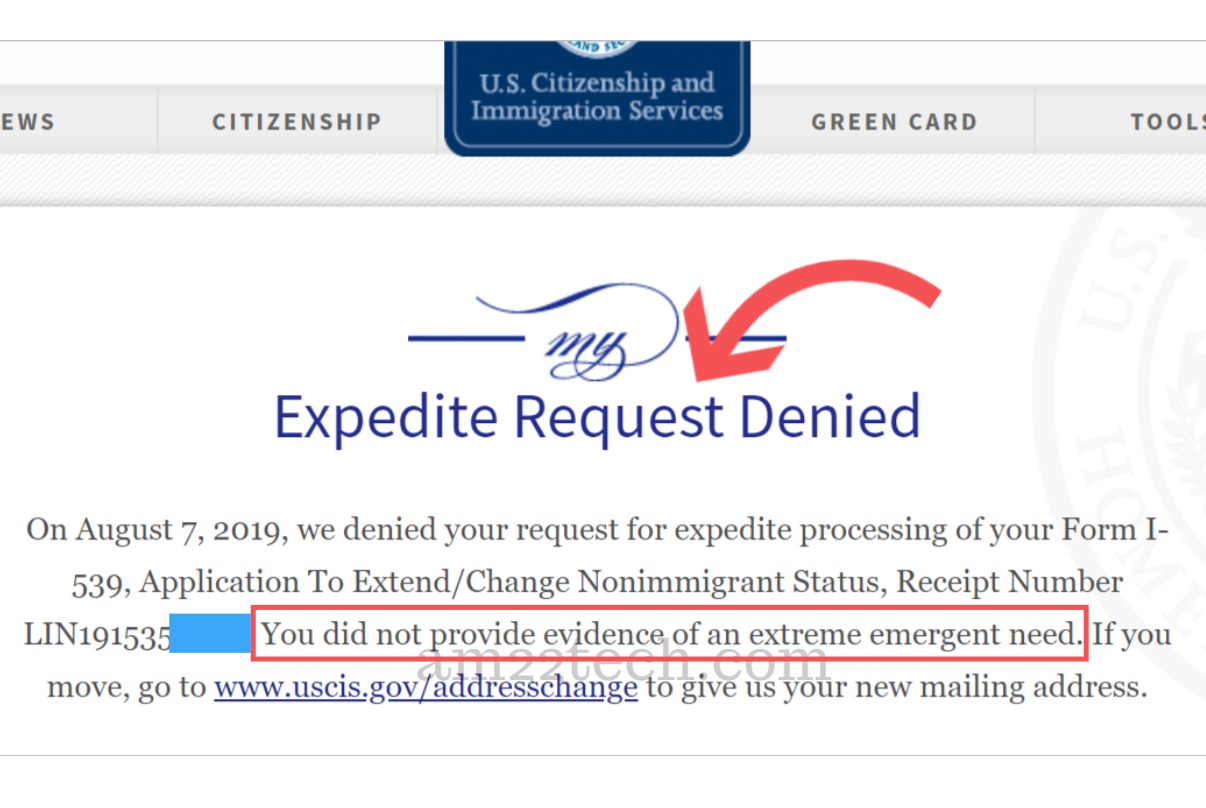


Thanks to an increased hiring effort and the expansion to a second processing facility, USCIS currently estimates a 47-month waiting period. So, what do those numbers translate into in terms of application processing time? Surprisingly, the expectations are better than one would expect given the large number of pending cases. That brings the grand total to 208,813 pending applications. As of March 2018, there are now 122,309 pending applications for principals and 86,504 for family members. Unfortunately, the number of new applications has continued to outpace approvals this year. That’s good news, as it means the agency is approving over 80% of applications that cross their desk. While the rate at which U visa applications are building up in the agency’s pipeline is alarming, it’s helpful to note that USCIS only denied 3,773 U visa application last year (principals and family members combined). Of those, USCIS approved 10,031 principal applications and 7,695 family applications. Altogether, that amounts to a whopping 190,361 pending applications. In 2017, USCIS received 36,531 applications for principal U visas and 25,155 applications for family members, bringing the total number of pending cases to 110,511 and 79,850 respectively. There have been some Congressional efforts to raise that cap as the number of pending applications is growing at an astounding rate, but as of mid-2018 there are no foreseeable changes to the law. While there are no limits on the number of derivative U visas that USCIS can approve, the VTVPA only provides for 10,000 U-1 visas each year.

Upon approval, USCIS can issue a U-2 visa for spouses, U-3 visa for children, U-4 visa for parents, and U-5 visa for siblings. If the principal applicant is 21 and older, he or she may only petition on behalf of their spouse and children. If the principal applicant is under 21, he or she may petition on behalf of their spouse, children, parents, and unmarried siblings under age 18. U-1 visa applicants can petition for derivative U visas for their family members. After spending three years in the United States, U visa-holders are eligible to apply for a green card to remain in the country as a lawful permanent resident.

The victim is not considered inadmissible to the United States under INA § 212(a)Įligible victims who are approved by USCIS may receive a U-1 nonimmigrant visa and legally reside in the United States for up to four years.The crime took place in the United States or violated US laws.The victim is helpful, or is willing to be helpful, to law enforcement and government officials in the investigation and/or prosecution of the criminal activity.The victim has valuable information about the qualifying criminal activity.The victim has suffered severe physical and/or mental abuse.The criminal activity is one of 28 qualifying crimes or similar offenses.The law stipulates six requirements to qualify for a U visa: The U visa program was created in 2000 under the Victims of Trafficking and Violence Protection Act (VTVPA). It’s a win-win for everybody involved, as law enforcement officers enjoy greater assistance from the immigrant community, more crimes are investigated and solved, and undocumented immigrants who are brave enough to step forward receive the protection and support that they deserve. Even if a U visa application takes years to obtain, the immigrant can be placed in deferred action status with employment authorization until a visa becomes available. Simply put, the possibility of attaining legal nonimmigrant status in the United States-and a path to potential naturalization down the road-is the only reassurance that undocumented immigrants have when they choose to cooperate with law enforcement and government officials. Domestic violence would only get worse, and serious crimes would continue to go unreported or unsolved in immigrant communities due to lack of witnesses. Abusive spouses, partners, and parents could hold the prospect of deportation over their victim’s heads anytime they threatened to leave or call the police. Without it, undocumented immigrants would never report crimes or serve as witnesses or informants, out of fear that they would be deported upon discovery. If you ask law enforcement officials about the value of the U visa program, the response is almost unanimously positive.


 0 kommentar(er)
0 kommentar(er)
